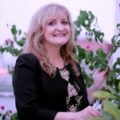Does cannabis have medicinal benefits?
"Cannabis is a natural resource, owned by everyone, everyone should reap the benefit, Socially, Economically, Environmentally, and Medically." Dr Carol Coombes OBE, UK
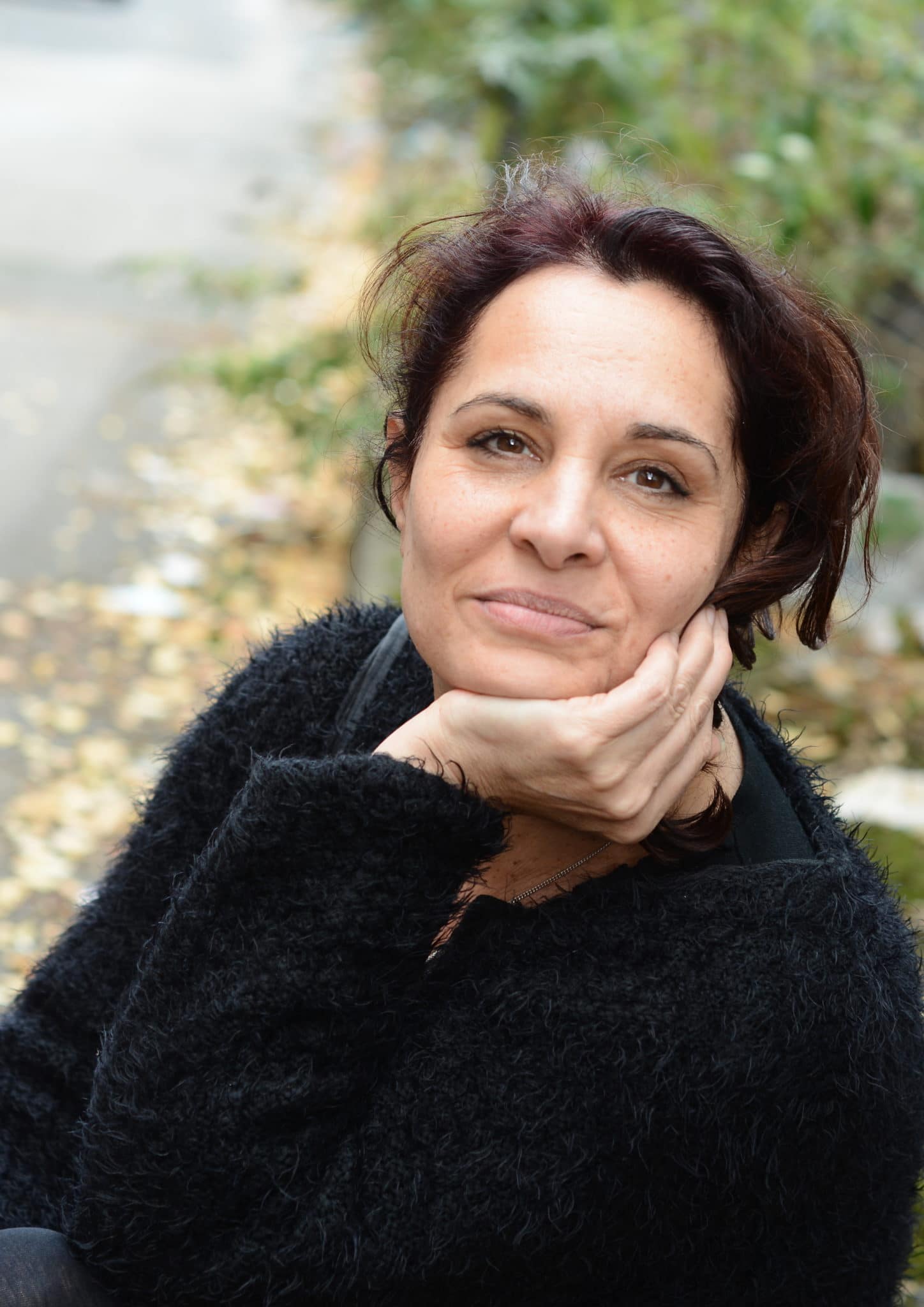
Why is Testing cannabis-based drugs taking so long?
Nabilone is a cannabinoid drug used to relieve sickness in people having chemotherapy for cancer. Testing cannabis-based drugs is underway and
cannabinoids like tetrahydrocannabinol (THC) and cannabidiol (CBD) – are the active ingredients of a prescription drug called Sativex, which is used to help patients relieve the pain of muscle spasms in multiple sclerosis .
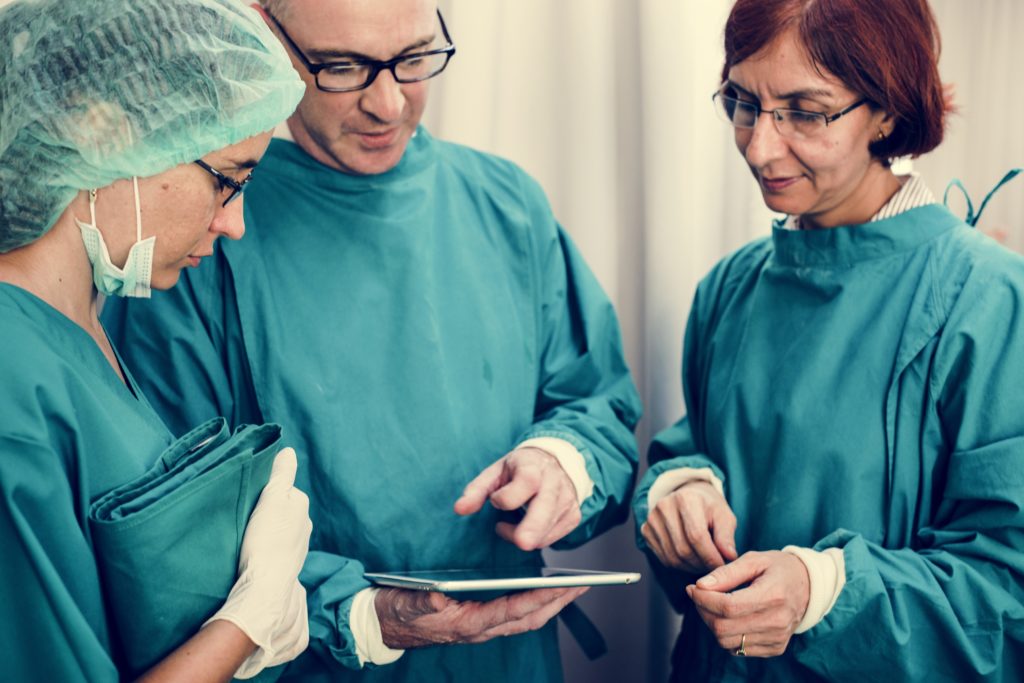
NHS won’t know whether these treatments are effective until the trials have finished
We do news. We don’t do cookies.
Our website does not collect, store, or share any user data. If you enjoy our content and value your privacy, consider supporting us.
Those active ingredients are known for its benefits by patients who are facing cancer, glaucoma , HIV or AIDS , and epilepsy in children.
While the trials are creating much controversy, NHS won’t know whether these treatments are effective until the trials have finished, which in turn take cancer sufferers through the trials and tribulations of uncertainty.
Thousands of people called for open debate regarding ownership of the UK Cannabis Industry, which they believe should be used to fund Essential Public Services and find kinder approaches to wellness.
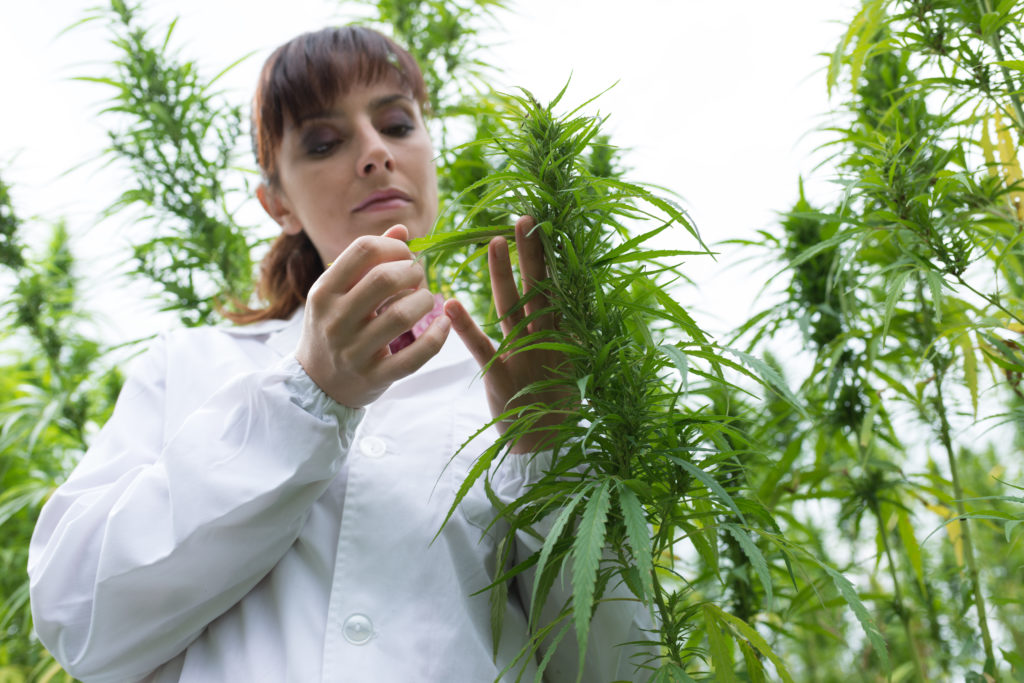
Testing cannabis-based drugs is still underway, and cancer patients are asking why is taking so long?
Weed it and Reap, a Positions Debate about Medicinal Cannabis in the UK, with Dr Carol Coombes OBE
Dr Carol Coombes, a globally renowned strengths based leadership consultant who received the first OBE citing services to Leadership for her remarkable contribution to society has been calling for open debate regarding ownership of the UK Cannabis Industry. She believes this should be used to fund Essential Public Services and find kinder approaches to wellness, and is facilitating Weed it and Reap, a Public Positions Debate about Medicinal Cannabis in the UK in Birmingham on April 13.
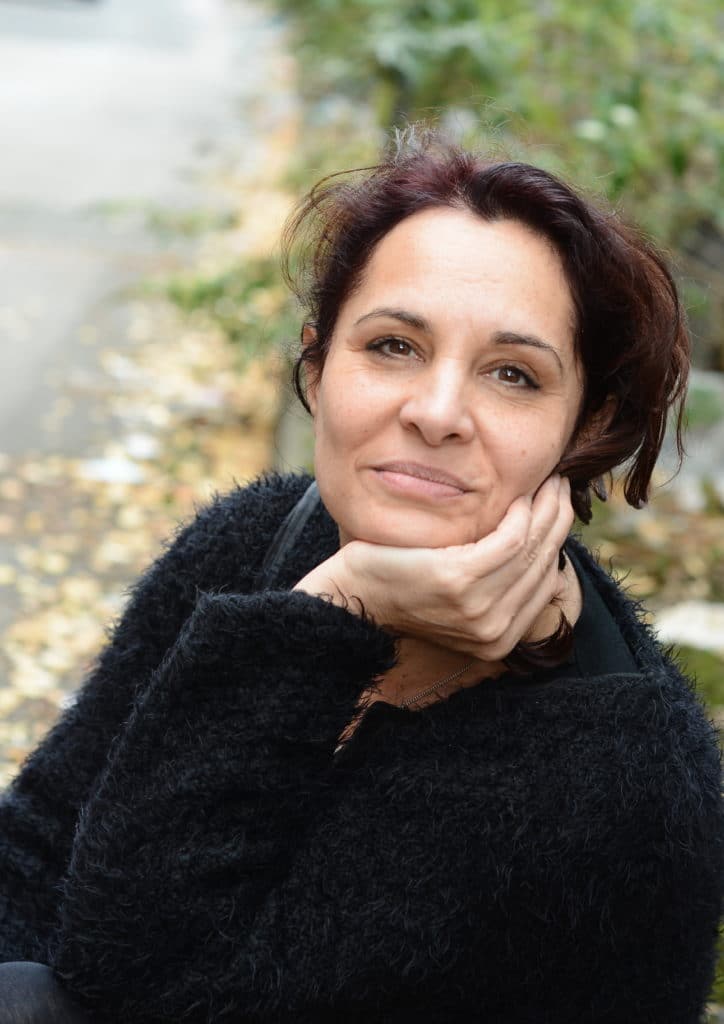
Carol was diagnosed in January 2017 with a Rare and Aggressive HPV 16 related tonsillar cancer. For many reasons, including severe allergies to medication, she declined chemo and Radiotherapy, instead undertaking a natural approach to managing her health. A previous non-drinking, non-drug taker, Carol included the use of Cannabis Oil, when accessible, as one small part of her approach.Carol became the first in the UK to publicly admit to this at the time, specifically to create an evidenced period of use, which was previously missing. Now almost two years beyond her suggested Terminal Prognosis, Carol and her volunteer support are unable to keep up with the volume of messages received, often from the business sector, where she’s classed as one of only a few credible voices of medicinal Cannabis in the UK. Since diagnosis, Carol’s been initiating conversations regarding how we might save our Public Services using current resources effectively, and Weed It and Reap is, she hopes, her last word on the subject. Cannabis is a natural, and she believes therefore publicly owned resource, and the subject of the first Weed It and Reap Debate (#WIAR) in Birmingham UK.
‘The Cannabis plant is a natural resource, owned by everyone. Therefore, everyone should reap the benefit, Socially, Economically, Environmentally, and Medically.” Carol says.She’s very happy for this assertion to be challenged in every way, eager for us to all find the most beneficial way forward for maximum Social benefit, whatever that might look like. She’s aiming, as ever, for democratic, inclusive and intelligent debate, and isn’t pushing any one solution.Could medical Cannabis light cancer patients dark hour? Carol believes we owe it to everyone, particularly our children to find out.
“I’d had many years of considering what I’d do. Like everyone else affected by cancer, we’ve been searching for facts. They’re really hard to find, especially given that cancer was first mentioned in c. 1600 BC.Even in this day and age, the narrative is anecdotal, and of fighting, of being cancer warriors, gladiators, etc. All of this has its place, but like many, I don’t need any more nicknames. I need facts, and no credible information exists, either way. No one can say absolute yes or no, regarding Cancer’ Carol says ‘but we do know that it’s proving successful for health in many other ways.’
Carol conceived Cracking Wellness, now being developed by TAWS , as the first collation of wellness data, and intelligent usage of current data.
Before Cancer (BC as she calls it) she was the senior partner in the strengths based consultancy Cracking Leadership. She is a globally recognised figure in strengths-based Leadership Talent-Spotting and Development.The only non-white woman to appear in the first ever West Midlands Power 50 list, Carol is a Regular and International keynote speaker in various high level business disciplines including Leadership, Corporate Sustainability, O.D Change and Challenge, Social Enterprise, Identifying and using your natural strengths.
“I’m a real fan of everyone doing exactly what they need, as long as it harms no one. In an ideal world, whatever we did would benefit people, and there’d be credible evidence to back it, and support to carry the weight of the big decisions; support to help us work them out, and to understand cause and effect. In the absence of that, (and believe me, we’ve tried relentlessly to get anything) there were quite a few things that suggested we carry on as always imagined. We’ve already lost very important people to cancer. We’ve seen what treatment does, never what cancer does.
Basically, we were given nothing to trust in following the standard cytotoxic approach, which made it a much less compelling argument than the alternatives.No-one can give us any information of what the future looks like for me with or without chemo and Radiotherapy. No clues as to quality of life.People joining cancer groups experience an absolute lack of information about quality after treatment. Many say they’d never have had the treatment had they understood the impact, and wouldn’t again.Like many women, I decided a few years ago that nothing would happen to my body again that wasn’t for my benefit.No one can tell what the impact of ‘the worst treatment the NHS has to offer, on the most dangerous part of my body’ would be, nor has anyone tried to answer.It’s as if quality doesn’t matter as long as I’m here. And It does.The benefits of doing it this way are already more: I can see my kids and grandchildren whenever we can meet, without risk to anyone, and I have at least a sense that I can try to work with my body towards wellness, NOT just away from illness, and at any cost.’ As a society, we engage with and manage illness. No one was looking at Wellness, which is where Cracking Wellness came from.
The aim is to put control firmly in our hands, creating patient owned records, using current data intelligently, and gathering data re Wellness.
Some of the information out there suggests that only 6% of oncologists would recommend oncology for their loved ones, and that hospitals get an income each time someone undertakes chemo and radio.
‘This, I hope, is wrong. Having no one to get answers from, when this narrative is carried through many cancer sites restricts our ability to trust clinicians at exactly the time we most need to’
Cracking Wellness aims to change that, giving us credible data, particularly about tools used successfully by large numbers, but not yet critically assessed A recent hack confirmed it’s the first of its kind, and the techies in the group quickly found new patterns in open data, that hasn’t yet been mined.
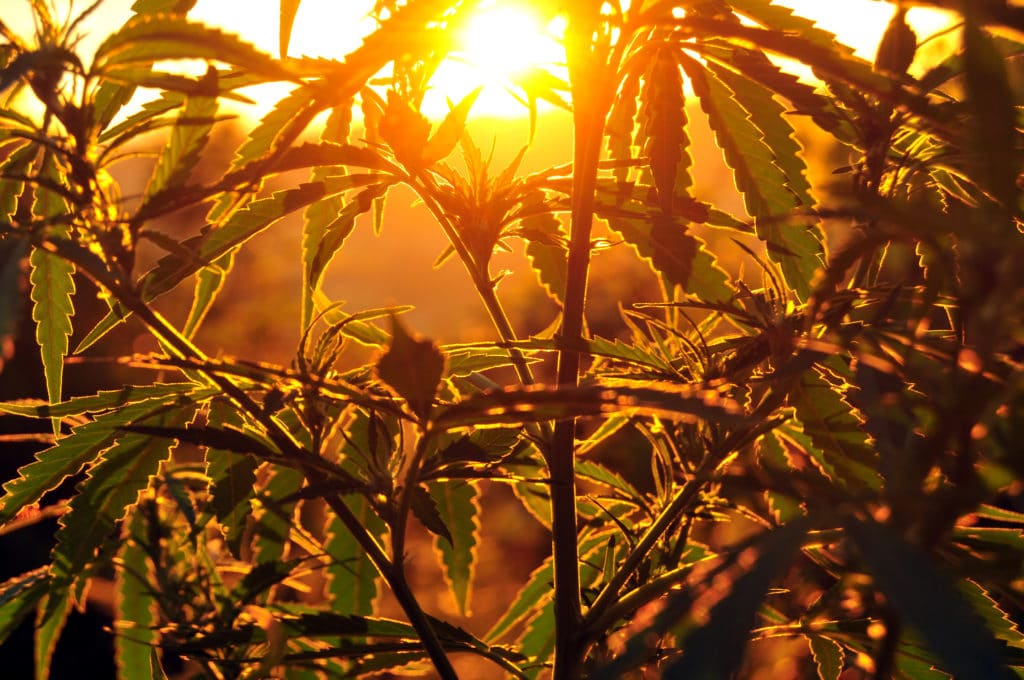
‘It’s really energising to have something so positive and potentially world changing for some to come from this, at exactly the time we’re all exhausted. People will have more information on which to make decisions. That’s a huge win for all, including our clinicians. TAWS have been working on this for a while, and have just secured the platform it will sit on. Since handing that over last year, I’ve been working to unite global cannabis leaders and their expertise with the NHS volume and capacity. Global experts are ready, willing and able. ”
While Carol is generally in good health, the location of the tumours will cause her death shortly if not removed. A recent second opinion has confirmed that none of them can be surgically removed. Carol now has to carry on making it up as she goes. This is, she says, ‘primarily with the guidance of Dr Google, and some brilliant people we’ve met AD (After Diagnosis). Making it all up, constantly researching and re researching, is exhausting. Thankfully, my partner and children are incredible. They’re hilarious, and we’re regularly told we still laugh more than most people, and I think it’s true. Uniting the global experts, and the volume of the NHS would have a lasting impact around the world.
